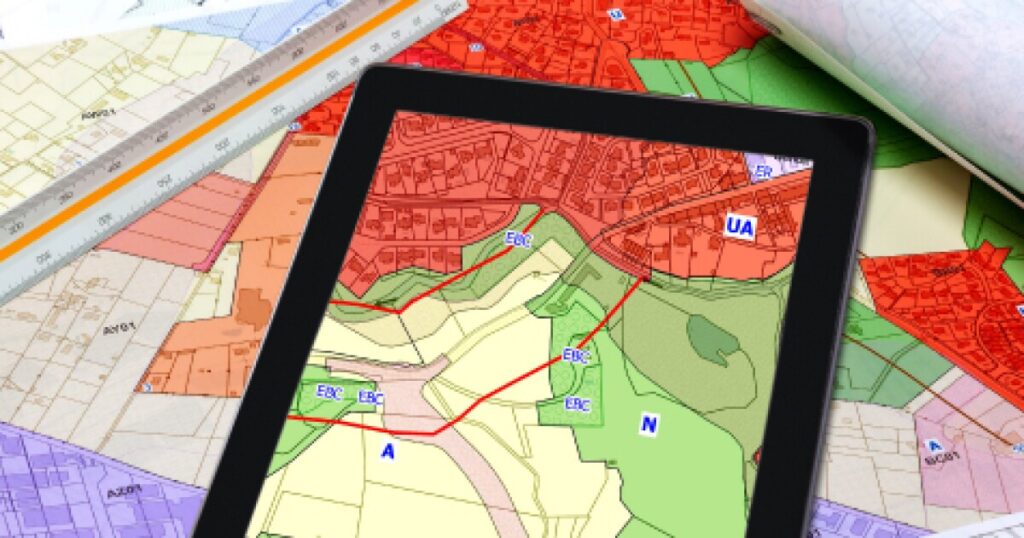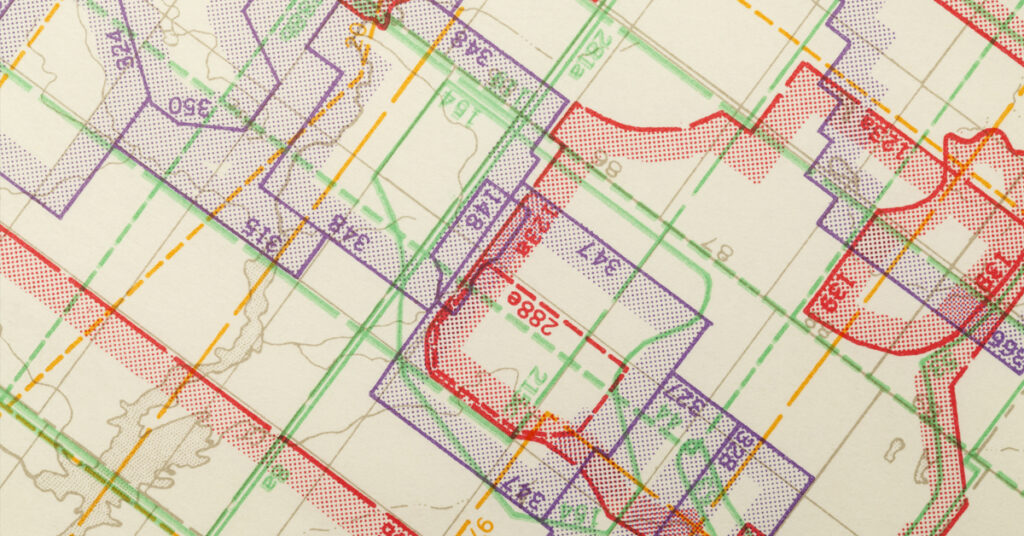Understanding Zoning Laws: What Every Homeowner Should Know
When purchasing a home or planning to build on a property, understanding zoning laws is crucial. Zoning laws dictate how land can be used, and they can significantly impact homeowners and potential buyers. In this comprehensive guide, we will break down what zoning laws are, why they matter, and how they can affect your property rights and future plans.
- What Are Zoning Laws?
- The Purpose of Zoning Laws
- Types of Zoning Classifications
- How Zoning Laws Affect Homeowners
- Common Zoning Restrictions and Regulations
- How to Check Your Property’s Zoning
- Applying for Zoning Variances
- Impact of Zoning on Property Value
- Recent Changes in Zoning Laws
- Zoning Laws and Property Disputes
- The Role of Local Government in Zoning
- Understanding Nonconforming Use
- Case Study: A Real-Life Example of Zoning Impact
- Tips for Navigating Zoning Laws as a Homeowner
- Conclusion
- FAQs
What Are Zoning Laws?
Zoning laws are local regulations that determine how land within certain areas can be used. These laws are typically established by municipal governments and are designed to create an orderly and functional use of land, separating residential areas from industrial or commercial zones.

The Purpose of Zoning Laws
Zoning laws are essential for city planning and community development. They help manage growth, protect property values, and ensure that different land uses are compatible with one another. By defining what can and cannot be built in a specific area, zoning laws aim to prevent conflicts between incompatible land uses.
Types of Zoning Classifications
Zoning classifications determine what types of structures and activities are allowed on a property. Here are some common types:
Residential Zoning
This type of zoning is designated for housing developments. It includes single-family homes, multi-family units like duplexes and apartments, and even mobile home parks. Restrictions can vary widely and often include specifications about building sizes, types of dwellings, and allowable accessory structures like sheds or garages.
Commercial Zoning
Areas zoned for commercial use are intended for businesses, including retail stores, offices, restaurants, and other commerce-related activities. Restrictions might include the type of business operations allowed, signage, parking requirements, and building size.

Industrial Zoning
Industrial zoning is designated for manufacturing and other heavy-duty activities. It often includes regulations on environmental impact, noise levels, and the storage of hazardous materials. It is crucial for homeowners to understand the proximity of industrial zones to residential areas due to potential impacts on quality of life.
Agricultural Zoning
This type of zoning is used for farming and agriculture. It typically allows for farming activities, the construction of farm-related buildings, and sometimes residential buildings. Restrictions might limit the type and intensity of agricultural activities allowed.
Mixed-Use Zoning
Mixed-use zoning allows for a combination of residential, commercial, and sometimes industrial uses in a single area. This zoning type is becoming increasingly popular in urban planning to create more versatile and sustainable community environments.
How Zoning Laws Affect Homeowners
Zoning laws can affect homeowners in various ways, from how they can use their land to what types of buildings or additions they can construct. Understanding these restrictions is crucial when considering home renovations, purchasing a new property, or selling a home.

Common Zoning Restrictions and Regulations
Zoning regulations can include a wide range of restrictions, such as:
Setback Requirements
Setback requirements dictate how far a building must be from property lines. This ensures sufficient space between structures for privacy, safety, and aesthetics.
Height Restrictions
Height restrictions limit how tall a building or structure can be, which can affect the design and construction of new homes or additions.
Land Use Regulations
Land use regulations specify what activities can take place on a property. For example, a property zoned for residential use typically cannot be used for commercial purposes without a zoning change or variance.
How to Check Your Property’s Zoning
To check your property’s zoning classification, visit your local zoning office or municipal website. Most cities provide online tools or maps that allow homeowners to look up zoning information using their property address.
Applying for Zoning Variances
If you wish to use your property in a way that is not allowed under current zoning regulations, you may need to apply for a zoning variance. This process typically involves submitting an application, attending a public hearing, and demonstrating that the variance will not negatively impact the community.
Impact of Zoning on Property Value
Zoning can significantly affect property values. Properties in desirable zones, such as residential areas close to schools and parks, often have higher values. Conversely, properties adjacent to industrial zones or with restrictive zoning may have lower market values.
Recent Changes in Zoning Laws
Zoning laws are not static and can change based on new city plans, development goals, or public opinion. Staying informed about local zoning changes can help homeowners anticipate how these changes may affect their property or neighborhood.
Zoning Laws and Property Disputes
Disputes can arise when neighboring property owners have different interpretations of zoning laws or when a property use conflicts with zoning restrictions. Understanding zoning regulations and consulting with legal experts can help resolve such disputes.
The Role of Local Government in Zoning
Local governments are responsible for creating and enforcing zoning laws. They manage zoning maps, conduct public hearings, and handle applications for variances or zoning changes.
Understanding Nonconforming Use
Nonconforming use refers to a property use that was legally established but no longer complies with current zoning laws due to changes in zoning regulations. Owners of such properties may face restrictions on modifications or expansions.
Case Study: A Real-Life Example of Zoning Impact
Consider a homeowner who wants to build a guest house on their property, but zoning laws restrict additional dwelling units. In this case, they would need to apply for a variance or seek a zoning change, which could impact the project’s feasibility and cost.
Tips for Navigating Zoning Laws as a Homeowner
- Always check zoning regulations before purchasing a property or planning renovations.
- Consult with zoning experts or attorneys for guidance on complex zoning issues.
- Stay informed about local zoning changes and participate in community discussions.
Conclusion
Understanding zoning laws is essential for every homeowner. These laws affect how you can use your property, what you can build, and even the value of your home. By familiarizing yourself with zoning regulations and staying informed about changes, you can better navigate the complexities of property ownership and protect your investment.
FAQs
- What is the primary purpose of zoning laws?
Zoning laws are designed to regulate land use, ensuring compatible uses, protecting property values, and promoting orderly development. - How can I find out the zoning of my property?
You can check your property’s zoning by visiting your local zoning office or using online tools provided by your city’s website. - Can zoning laws affect property value?
Yes, zoning laws can impact property values depending on the type of zoning and its desirability. - What should I do if I want to change my property’s use?
You may need to apply for a zoning variance or seek a zoning change through your local government. - Are zoning laws the same everywhere?
No, zoning laws vary by city, county, and state, reflecting local development goals and community standards.
